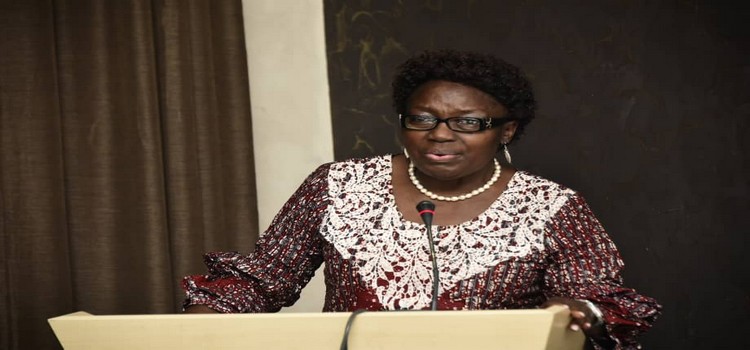
African legislators must enact relevant laws to reverse the high prevalence of malnutrition currently at 20 per cent on the continent and the highest in the world.
The Uganda Country Representative of Food and Agriculture Organisation (FAO), Antonio Querido, wants parliamentarians to avert the trends by enacting laws that translate their political will into action.
“A key vector in development is political will and lawmakers have a crucial role in setting the political will and agenda,” he said.
Querido was speaking at a consultation workshop on the draft model law on Food Security and Nutrition (FSN) in Africa at Skyz Hotel in Kampala on 27 November 2019.
The workshop attended by legislators, ministers and civil society organisations from over 10 countries in Eastern and Southern Africa is organised by FAO and the Pan African Parliament (PAP).
Querido said that there is need for stakeholders to double their efforts to ensure that Africa is hunger free by 2025.
“Of the 17 Sustainable Development Goals, goals two and one are; eradicating poverty, hunger and malnutrition. Unfortunately, the progress is not meeting the expectation,” he said.
Querido however, underscored efforts made by several countries in enhancing their contribution to eradicate hunger in the years to come including Uganda, Cameroon, Sierra Leon, DRC and Gabon among others.
“Parliamentary alliances have been formed in Eastern, Western and Central Africa. At the same time, several countries across the continent have established national parliamentary alliance networks on food security and nutrition in order to discuss and address key issues hampering the possibilities of everyone to access food,” he added.
Speaker Rebecca Kadaga challenged the PAP representatives to ensure that the model law is domesticated in their countries.
She said that the law will be the first test of the commitment of the African leaders to agreements made by the African Union.
“It is very disappointing that up to today, the Malabo Protocol has not been sufficiently ratified and yet our leaders went there and sat for many days, signed it and then they abandoned it,” she said.
Kadaga asked the MPs to commit themselves to the implementation of the law and not wait for Government.
“If you are convinced that the model law is important in Africa, you should be able to move a Private Member’s Bill in the House to ensure that the laws are made and domesticated,” said Kadaga.
She also advised that the law should include a plan of action, funding and well-trained staff for smooth implementation.
The Speaker said that Uganda has established mechanisms to enhance food security including the Parliamentary Forum on Food security and the standing committee on Climate Change as well as a forum on Climate change.
She urged the government leaders to champion efforts to mitigate climate change saying that it affects food production.
The objective of the model law is to guide or serve as a source of inspiration for countries that aim to develop national or sub national legislation on the right to adequate food security and nutrition.
Countries may make use of the model law in elaborating a framework legislation, primary legislation or secondary legislation that covers all or some aspects of FSN.
